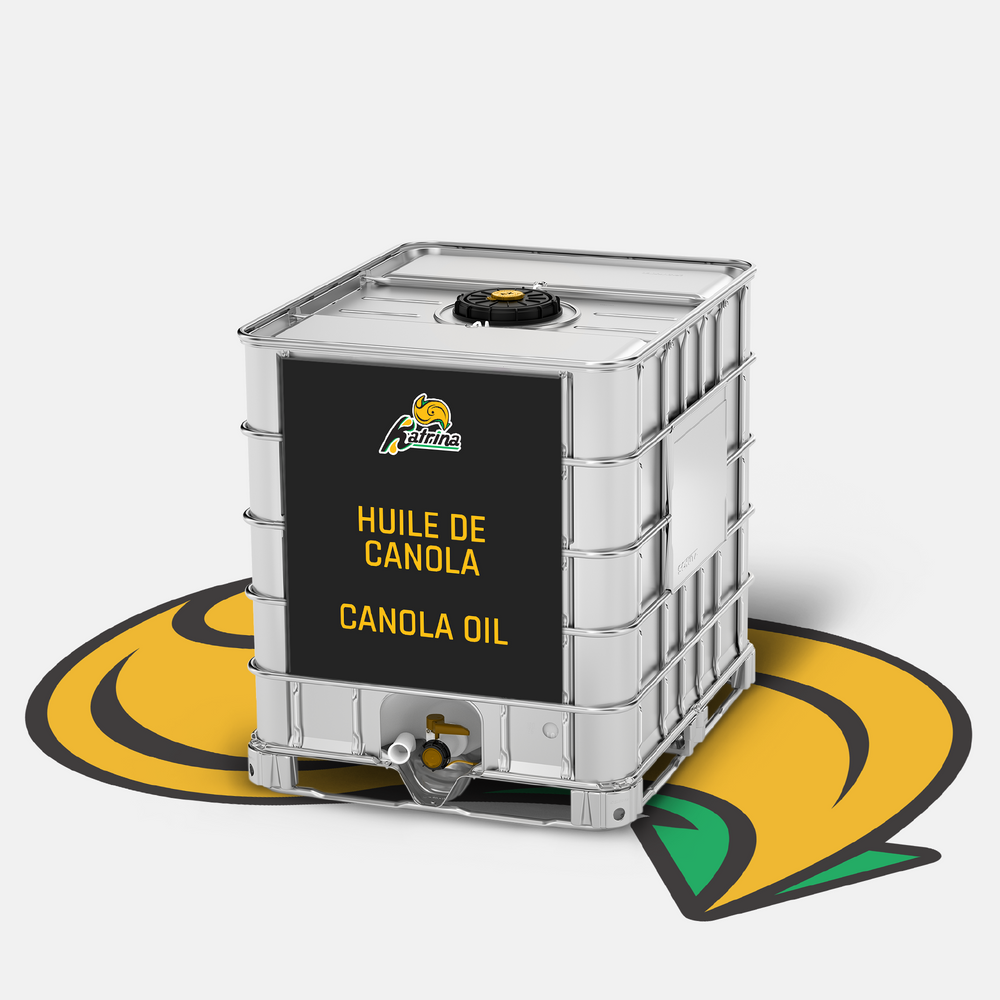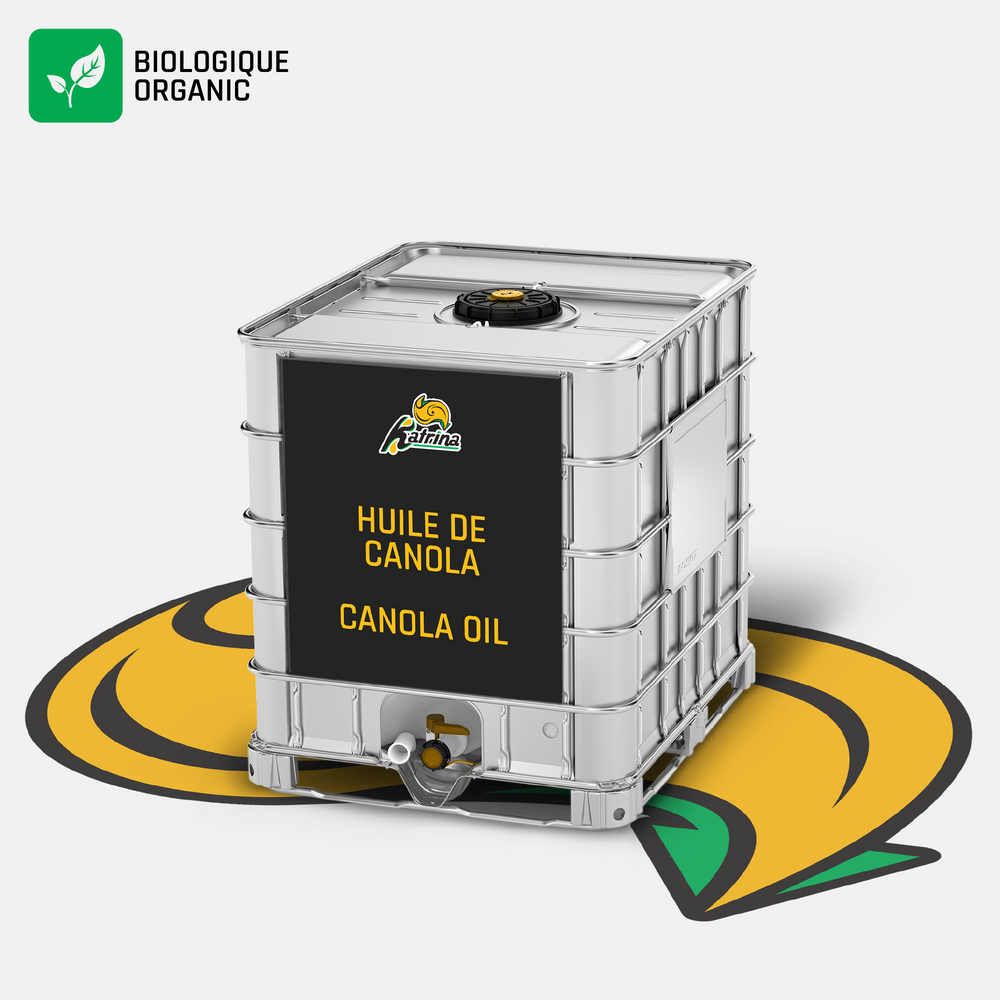The Difference Between Organic Canola Oil and Regular Canola Oil
When it comes time to decide between choosing to purchase organic or non-organic canola oil, it’s important to understand the actual difference between the two. Both options have their unique characteristics and benefits, but there are some key differences that may influence your decision as a business owner. Let’s explore some of the key differences that might drive your business towards choosing one or the other.
Organic Vs Non-Organic Oil: What Does That Really Mean?
Here’s the real secret behind the organic and non-organic labeling: It all comes down to manufacturing processes. Organic canola oil is made from organically grown canola plants that are free from synthetic pesticides, fertilizers, and genetically modified organisms (GMOs). Regular canola oil, on the other hand, is made from conventionally grown canola plants that may be treated with synthetic pesticides and fertilizers and may be genetically modified.
As a business, it is important to consider both organic and non-organic products before purchasing because this can play an important role in your company's brand values, customer loyalty, and financial goals. For example, if your brand aims to prioritize sustainability and ethical practices, it would make sense to opt for organically sourced products. On the other hand, non-organic products may be more cost-effective, which could be important for businesses operating on strict profit margins.
Health Benefits of Organic Oils Vs Non-Organic Oils
As highlighted above, health is an important factor to keep in mind when choosing between organic canola oil and regular canola oil. One of the main advantages of organic canola oil is that it’s free from harmful pesticides, fertilizers, and GMOs. This makes it a more appealing choice for businesses that have a health-conscious brand identity, which targets consumers who are looking for natural and organic products.
Regular canola oil is also known to contribute health benefits, thanks to the low levels in saturated fat and high in monounsaturated and polyunsaturated fats, which can help lower cholesterol levels in the blood. By lowering cholesterol levels, canola oil can also reduce the risk of heart disease These benefits can certainly appeal to businesses that want to communicate their commitment to health, while opting for the less expensive option.
So Do I Purchase Organic or Non-Organic Canola Oil?
In conclusion, as a business it’s important to consider the differences between organic canola oil and regular canola oil when making your purchasing decisions. Ultimately, both are great options to consider, but it comes down to the costs and benefits of both options and choosing the product that best aligns with your values, goals, and financial objectives! To determine what makes the most sense for you, browse through our products below.








